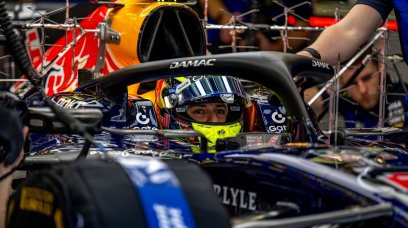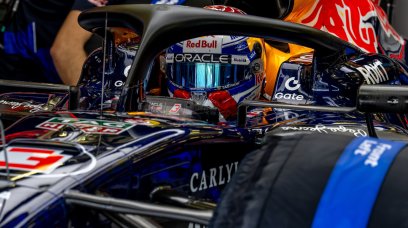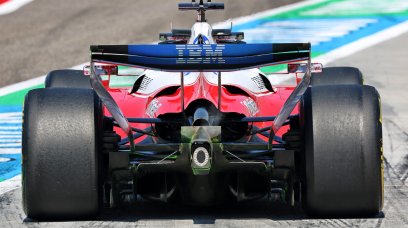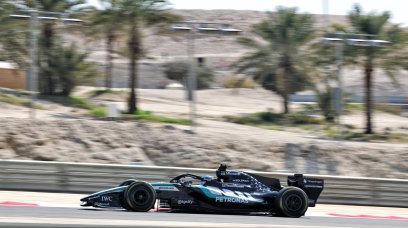George Russell has detailed that travelling to differing time zones has resulted in a change in his heart rate. With the F1 calendar spanning five continents, teams are subjected to numerous climates and time zones during the campaign. The end of this year’s season saw F1 hold a night race in Las Vegas before travelling straight to Abu Dhabi for the final event of the year one week later. F1 has outlined its desire to improve the calendar by grouping regions together - something that has received more attention of late due to the ever-expanding calendar. Next year, F1 is set to have 24 Grand Prix events which would mark a record for the sport.
Heart rate changes
Russell has insisted that he has seen data to suggest how the time spent in different time zones has impacted his heart rate. “So from the disruptions of the timezone, my heart rate, during the night's sleep is on average, about 25 per cent higher than it would be when I'm in a consistent location,” he told media including RacingNews365.com . “I spent two weeks in one location this summer, which is the longest I've spent in three years and my heart rate was the lowest it's ever been. “Winter, it’s always sort of stabilising in a low place. And then as soon as you travel, it increases. “But definitely [I’m] sleeping less, recovering less, which is all natural when you're you're jumping all around. “So it's not just it's not just a feeling - there’s definitely data to back that up.”
Most read







